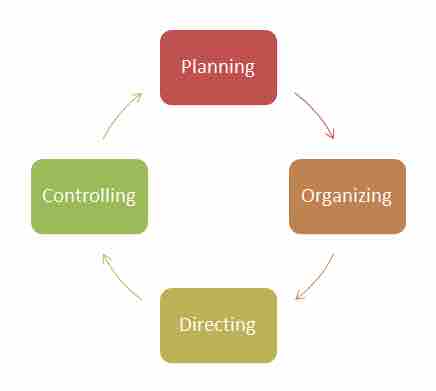Managerial Staffing Responsibilities
One of the core functions of a manager is building and maintaining a team, which is accomplished through staffing responsibilities. Simply put, staffing is the managerial process of hiring, positioning, and overseeing employees. Often enough, human resources are both the most expensive and the most valuable assets a business has. Having internal talent can be a core competitive advantage, and bringing in the right people and positioning them for success is a core managerial responsibility.
Managers perform job analyses for each of the roles they intend to manage. This analysis includes hiring, training, compensation, performance appraisals, identification of gaps, and various compliance considerations.
Hiring
Finding talent is an enormous challenge and opportunity in today's economy. With the diversity of skill sets, the high volume of applicants, and the growing complexity of organizational needs, managers are busier than ever when it comes to the hiring process. Many job postings will receive hundreds or even thousands of applicants, and filtering through this large applicant pool can be expedited by software solutions and the hiring of third parties to manage the hiring process.
Once a few key candidates are selected, there are a variety of important considerations prior to hiring. Managers often conduct one-on-one interviews, team interviews, personality tests, skill assessments, reference checks, and a variety of other alignment tests to ensure fit. Hiring is an expensive process, with expensive repercussions for mistakes. It is a core managerial function with substantial consequences, both positive and negative.
Training
Once a new employee is selected, it can take anywhere from a week to 6 months to truly get them up to speed. Every job is different, and every job has different training requisites. Investing both time and capital in preparing employees for success can create significant increases in value and return on investment, as well as empowering employees to grow and improve. Hiring employees without proper on-boarding can result in costly mistakes, role uncertainty, and ultimately job dissatisfaction.
Compensation
Compensation as a managerial responsibility isn't just about salary (though certainly that's an important component). Managers must understand what their employees need, and help to provide it via benefits, bonuses, training, and opportunities for professional growth. From health care to helping with a university degree, organizations have the opportunity to create employee loyalty as well as develop talent via strong staffing skills on behalf of management.
Performance Appraisals
Whether management does it on an ongoing basis, an annual basis, or a quarterly basis, most managers must consider the performance of their employees at one point or another. This can be done formally (and often is at larger firms) or informally, and must include both past performance and the expectations set at the beginning of the appraisal period. The employee must know before hand what it is they will be assessed on, and what the objectives and expectations are. It is also relatively common to attach incentives to performance appraisals, to provide value when value is provided.
Identifying Gaps
From a more strategic frame, managers must consider the overall process and objectives their work group is aiming to accomplish alongside what resources and skills must be present to do so. That means identifying where there are functional or skill gaps in a given team, and solving that problem. There are more solutions than just hiring full-time employees too. Managers may notice a skill gap that only requires 10 hours per week to fill. In this case, hiring a contractor on an hourly basis is lower risk and lower cost than hiring a new employee.
Compliance
Finally, managers must comply with a variety of legal aspects in collaboration with the HR department. Employee rights, unions, and other legal requirements from the governing bodies must be built into contracts and operations.
Conclusion
When combining all of these responsibilities, you have one facet of a manager's overall responsibilities. This provides some scope to not only how much is involved in staffing, but how much can be involved in the role of management in general. Managers must also plan, organize, direct, and control.

Management Process
Other managerial functions are highlighted in this diagram, in addition to the tasks involved in staffing.